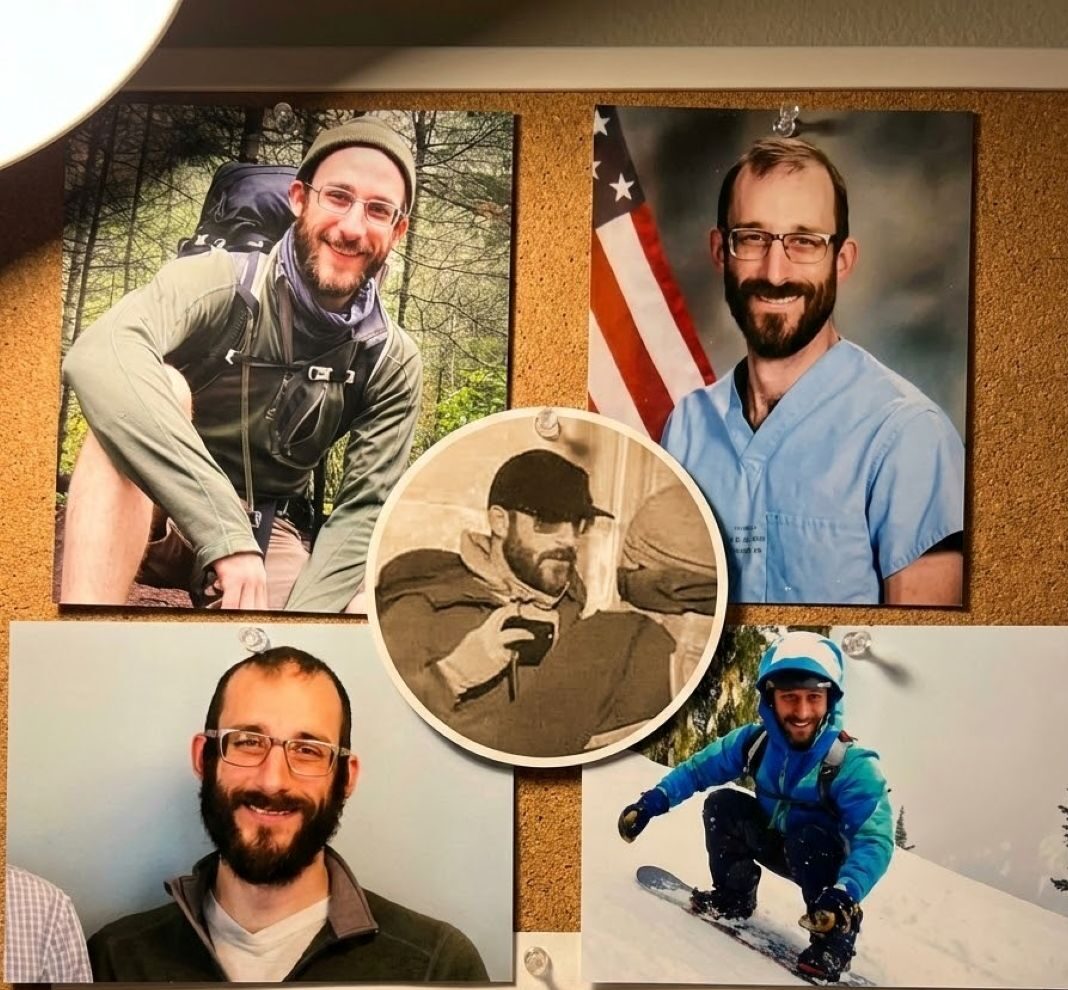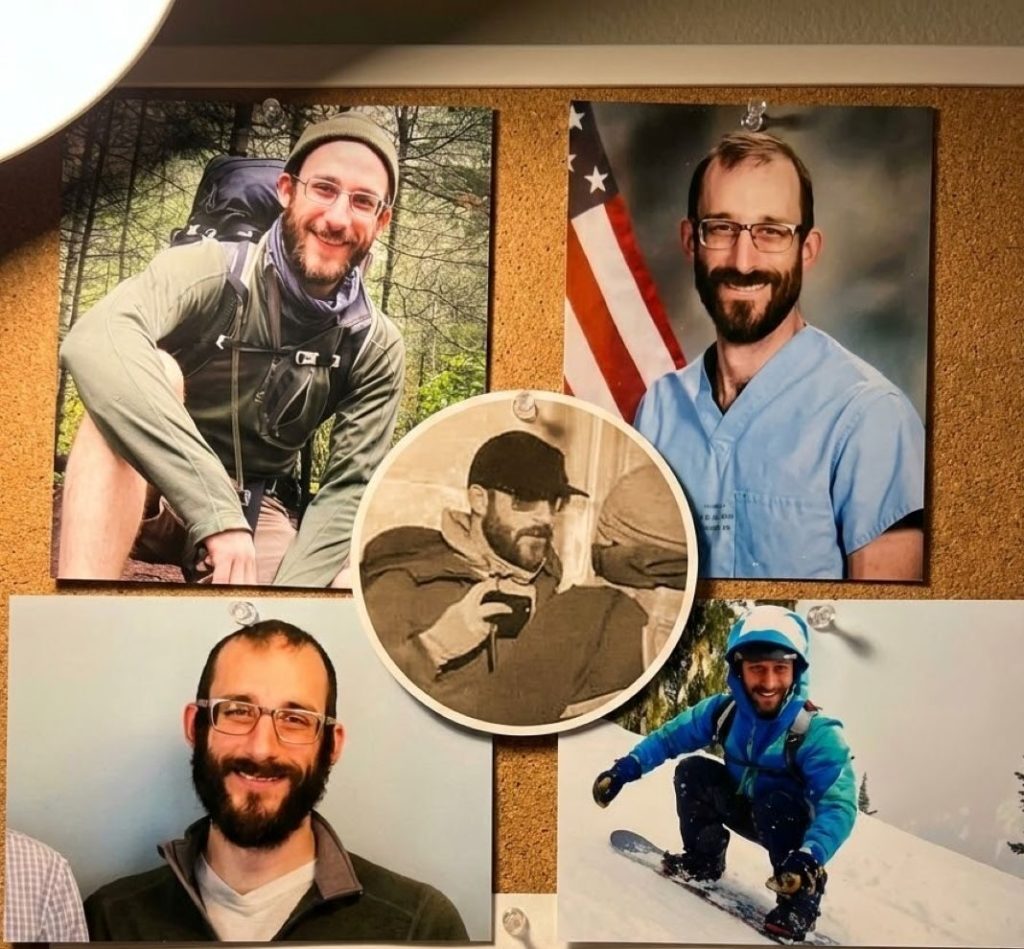My husband’s sister has her wedding planned for two weeks from now, and her dress code requirements prove extremely difficult for me to follow.
I find myself at 34 weeks pregnant, and I tend to overheat rapidly. I shared several dress options with her in an effort to find common ground, yet she turned them all down. I informed her yesterday that attending the wedding would not be possible for me, and she…
…reacted with intense emotion. Her response came across strongly.
In less than an hour, she shared a lengthy, indirect message on Facebook discussing “how certain individuals focus so heavily on themselves they fail to honor a single day centered on someone else.” She avoided using my name, yet the implication became clear. Messages flooded my inbox soon after.
My mother-in-law reached out, inquiring about what I “did” to Anya. One of Anya’s bridesmaids forwarded a screenshot and checked on my well-being. Evidently, a group chat existed where discussions about me turned negative.
All of this stemmed from my desire to avoid passing out during her carefully curated event.
Allow me to provide some context.
Anya, my husband’s sister who is younger by five years, has always approached occasions with great enthusiasm. Birthdays involve coordinated color schemes. Dinner gatherings feature detailed inspiration boards. Baby showers exceed expectations in every way. When she announced her engagement last year, everyone anticipated an elaborate celebration.
No one objected to her plans. We all supported the multi-step bridal schedule, the multiple engagement photo sessions, and the specific guidelines for guest appearances.
The dress code, however, created significant challenges for me.
She revealed a “Romantic Vineyard Garden” theme. The concept appealed to many. She then distributed a comprehensive 9-page document outlining attire expectations. Guests needed to avoid reds, oranges, blacks, whites, navy blues, or any shades considered “too cool-toned.” Sparkles, patterns, lace, and items revealing “excess cleavage, visible shoulders, or knee-length hems” were prohibited.
The key detail: the ceremony and reception occur entirely outdoors. During mid-August. In Arizona.
My due date approaches in slightly more than a month. Perspiration builds even during short walks indoors. The thought of enduring 95°F temperatures in a long, pastel chiffon dress with sleeves filled me with concern.
I aimed to accommodate her preferences.
I forwarded images of four dresses. Each featured soft hues. All reached the floor. The only deviations involved short flutter sleeves or a modest V-neck. They remained elegant and suitable for the occasion.
She declined every one.
Her precise statement: “It’s giving maternity shoot, not wedding guest. Can you try harder to blend in?”
I paused to absorb that message for a full minute. Then I reviewed it again. “Try harder to blend in.” As if my presence posed a visual issue requiring adjustment.
I spent several days reflecting. I consulted my obstetrician. I discussed the situation with my husband. We reached an agreement—if her vision remained firm, I would honor it by remaining absent. I communicated this to her kindly and with respect. I expressed, “I love you and hope you enjoy a wonderful day, but managing the heat during pregnancy prevents my attendance. I’ll support you from a distance.”
Her reaction escalated dramatically.
She accused me of “attempting to shift focus to myself on her special day.” She claimed I was “portraying myself as the victim” and noted that “numerous individuals have attended weddings while pregnant.”
I struggled to formulate a reply.
As her intensity increased, her true intentions became evident.
Anya sought not only aesthetic perfection—she aimed for complete control. She instructed her bridesmaids on makeup shades aligning with her color scheme (indeed, she developed a makeup palette), suggested limits on food intake at the reception (“No bloated tummies in pictures”), and requested one bridesmaid to take out her nose ring.
Three bridesmaids withdrew discreetly within a week.
She chose not to share that publicly.
Word spread nonetheless.
I maintained silence. I avoided public responses. My husband supported me fully, and I appreciate his stance toward his family more than ever during this period.
He contacted his sister directly and stated: “You’re bullying my wife. You prioritize pastel vibes over genuine family connections. If you prefer a prop rather than a sister-in-law, consider hiring a mannequin.”
Anya responded with tears. She claimed we were spoiling her wedding.
We allowed her to conclude the conversation.
Then, an unexpected development occurred.
A week prior to the wedding, Marisol, one of Anya’s cousins whom I had encountered only a few times, sent me a message. She wrote, “Hey… not aiming to cause issues, but I wanted to share this with you.”
She included a screenshot from a group chat among Anya’s college friends. In the chat, Anya had written, “Honestly, I hope Erielle stays home. Her big belly would ruin the vibe of the aisle photos.”
I examined it three times.
I experienced neither tears nor anger. A sense of calm settled over me.
This extended beyond dress code guidelines. It involved deliberate exclusion. Anya preferred my absence. She desired my removal from the scene.
I remained at home.
The wedding proceeded as scheduled. We forwarded a gift. A thoughtful one. My husband added to the card, “Wishing you a marriage filled with more grace than you showed others this year.”
A poignant statement.
Karma emerged in the following days.
Two days following the wedding, Anya uploaded a solitary photo: herself proceeding down the aisle. It garnered three likes over 12 hours. No accompanying text.
Comments began to appear.
“Where’s the bridal party?”
“Why does it seem like many guests are absent?”
“Was this a private ceremony?”
Indeed—at least 20 guests withdrew at the last moment. Individuals learned of the experiences. They observed her treatment of others. Some excused themselves quietly, while others cited fabricated work commitments. Her previous maid of honor failed to appear.
My inbox, in contrast, overflowed.
Messages arrived from people stating, “You made the right choice.” “I regret questioning you.” “Anya exceeded reasonable limits.”
I required no form of retaliation. I relaxed on the couch, soaking my feet in cool water, and sensed my daughter’s movements.
That serene tranquility sufficed.
The story continued to unfold positively.
Three weeks afterward, labor began prematurely. No complications arose—simply an early arrival. Our baby girl entered the world healthy, gentle yet vocal, and utterly flawless.
We chose the name Sariyah for her.
We kept the news private for the initial day. Only the three of us existed in our intimate new environment.
We shared the announcement subsequently.
Anya offered no response.
Her mother did, however. She arrived at the hospital the following morning carrying a gentle blanket and with emotional eyes. She expressed, “I owe you an apology. I accepted Anya’s version without seeking more details.”
I assured her everything was fine. I spoke sincerely.
She cradled her granddaughter and murmured, “This holds true importance. Not attire.”
From this experience, I gained insights:
Certain individuals remain unchanged, regardless of efforts to accommodate them. Establishing boundaries does not equate to disloyalty. Declining participation reflects self-preservation—particularly when safeguarding well-being, health, or loved ones.
Anya might never offer remorse. That responsibility rests with her.
I possess my tranquility. A husband who remained steadfast. A daughter who arrived enveloped in affection. And the subtle fulfillment of recognizing that occasionally, karma appears adorned elegantly and carrying flowers.
If you have ever felt diminished for your circumstances—understand, the issue lies elsewhere.
Thank you for taking the time to read. If this resonates with you, consider sharing or adding a like ❤️








